Professor Emeritus of Biology Judith Owen led a team of 10 biology students in research on COVID-19 vaccines for five weeks over this past summer.
-
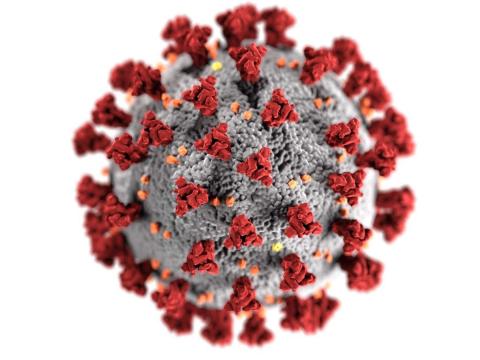
-
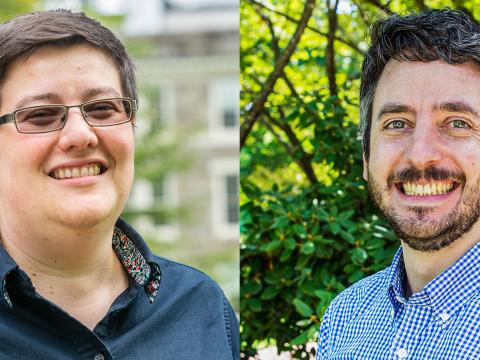
Associate Professor of Computer Science Sorelle Friedler and Associate Professor of Environmental Studies Jonathan Wilson are part of a team that developed the open-source software package that can help organizations track the carbon footprint of their AI projects.
-
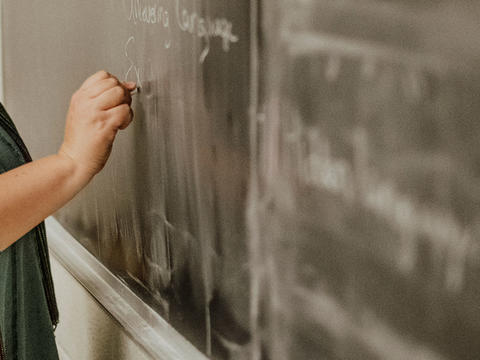
Highlighting faculty professional activities, including conferences, exhibitions, performances, awards, and publications.
-

Assistant Professor Erin Schoneveld’s seminar “Japanese Modernisms Across Media” overcame the obstacles of the COVID-19 pandemic to create <em>Romanticizing Japan: Contextualizing Japan through the Western Gaze</em>, which is on view through February 5, 2021.
-
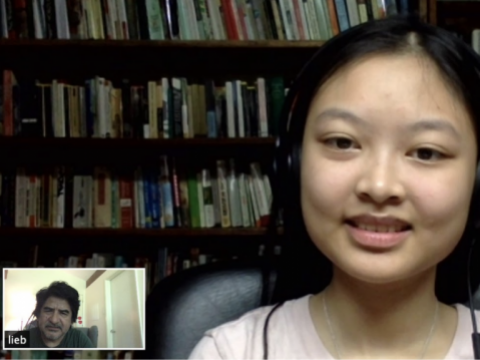
This summer, a team of Haverford students, faculty, and staff supported language activists and educators in creating Talking Dictionaries virtually.
-
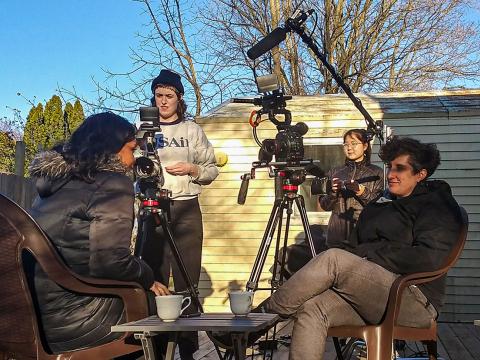
In this year’s DocuLab project, students created animations for the experimental documentary film Smile4Kime, directed by Elena Guzman.
-
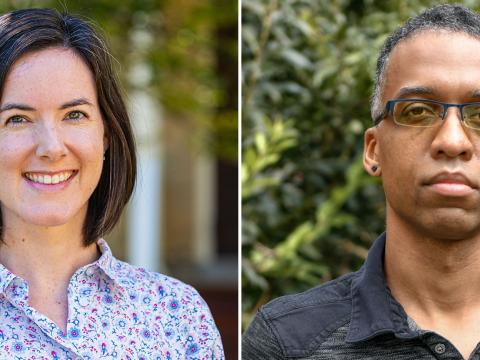
The Department of Computer Science expands to accommodate growing student enrollment.
-

The Cantor Fitzgerald Gallery kicks off its season with Ying Li’s series of 47 paintings depicting life and nature at Haverford amid the silence of the pandemic.
-
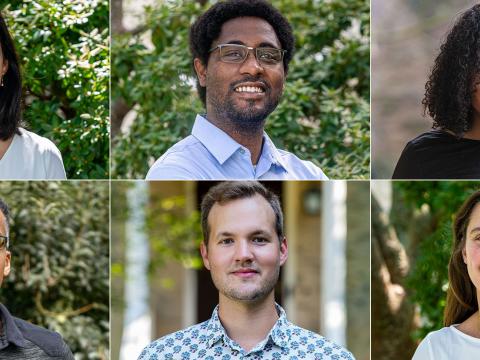
This year, new professors joined the Departments of Biology, Chemistry, Classics, Computer Science, and Spanish, as well as the Peace, Justice, and Human Rights Program.
-
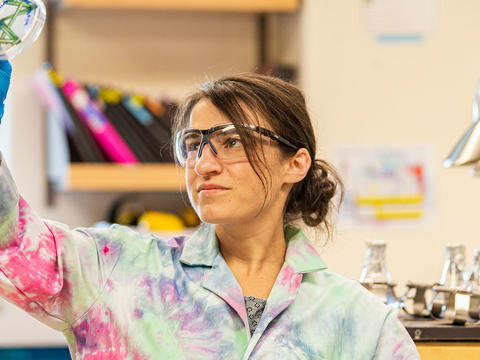
Building on earlier NIH-funded work that engaged 40 undergraduate researchers, the associate professor of chemistry will continue her acyl carrier protein research thanks to a new $297,992 grant.
-
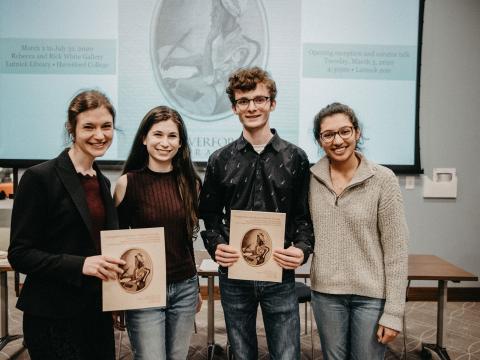
On view again this fall after shutting down due to COVID-19, the exhibit grew out of a fall 2019 writing seminar which explored geographic, linguistic, social, and racial border crossing through literature.
-
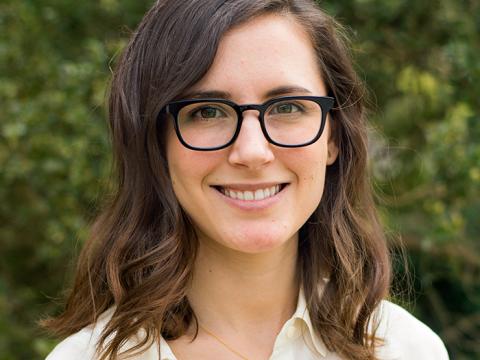
The award recognizes full-time faculty members with outstanding teaching records.
-
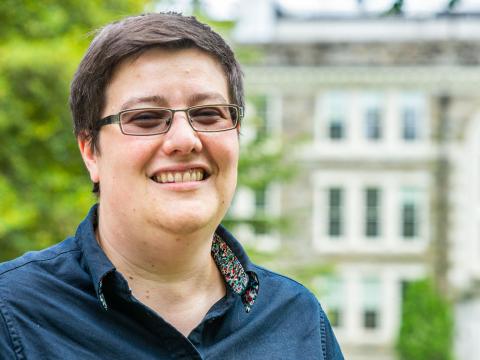
The associate professor of computer science is studying discrimination and mitigation of algorithms on social networks with her collaborators, including Haverford alum Aaron Clauset ’01.
-
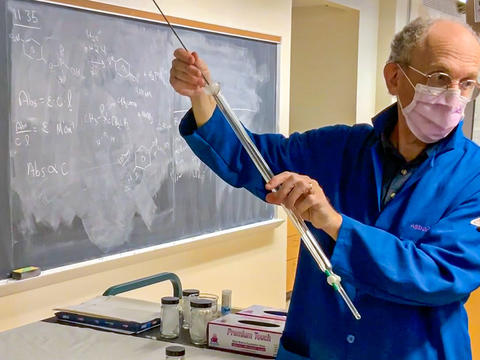
After a spring of COVID-mandated virtual learning, faculty partnered with students as part of a new summer program to revise courses and make them more inclusive and responsive.
-

Studying pulsars and black holes that are hundreds of light years away, the six Bi-Co students working in Professor Andrea Lommen’s lab this summer didn’t need to be on campus in the same room to conduct their groundbreaking research.